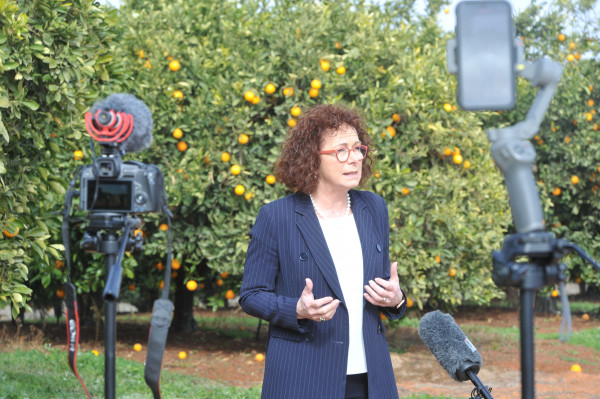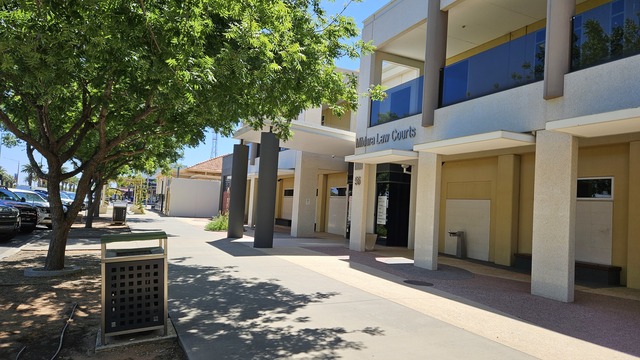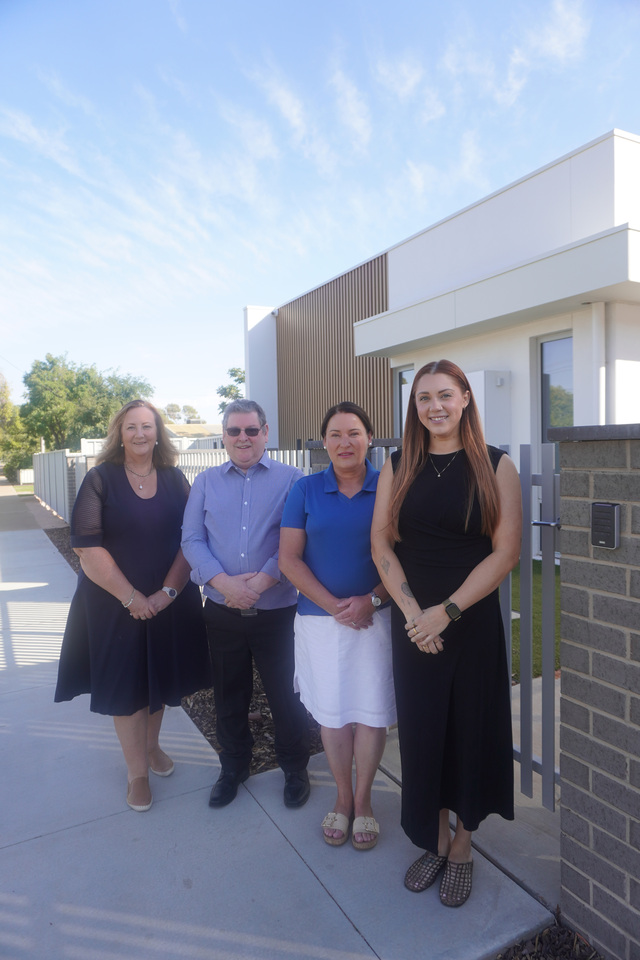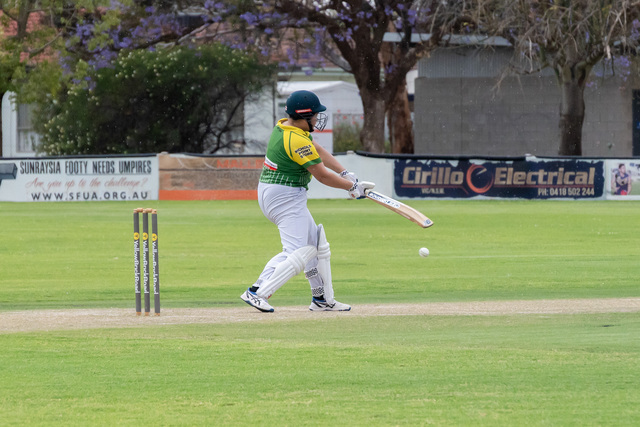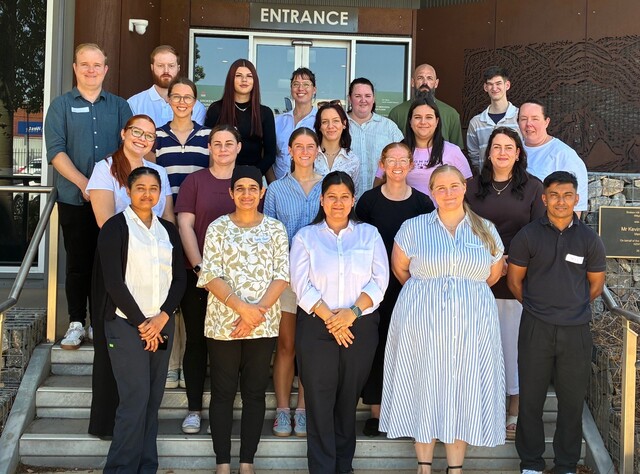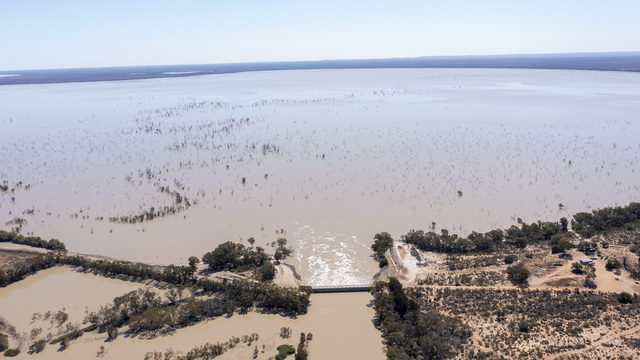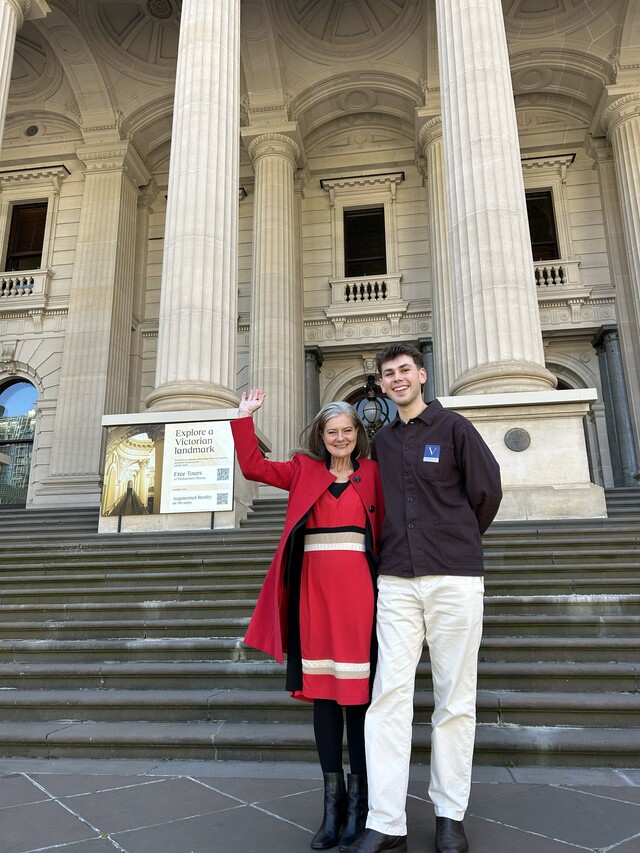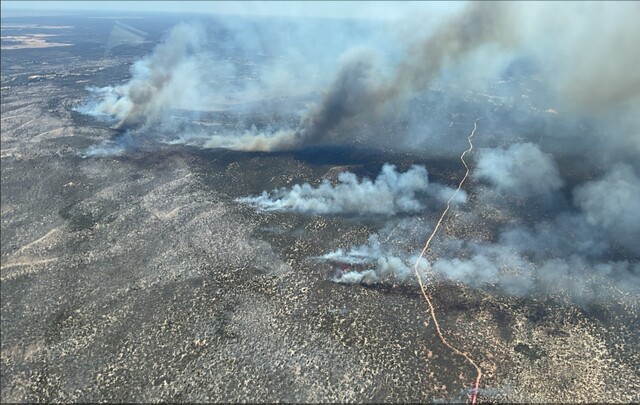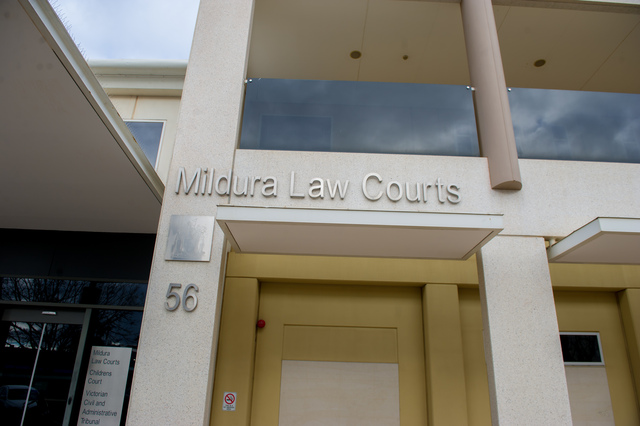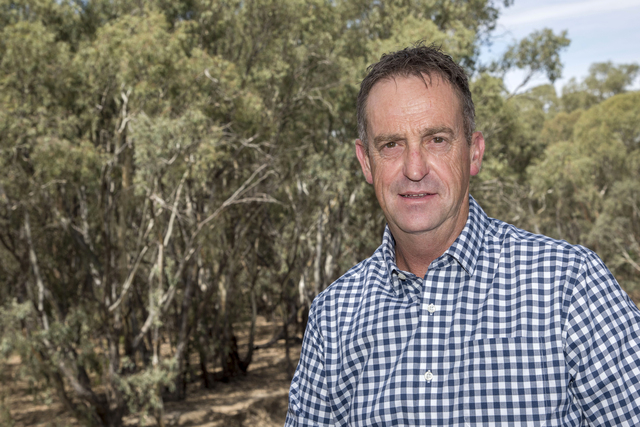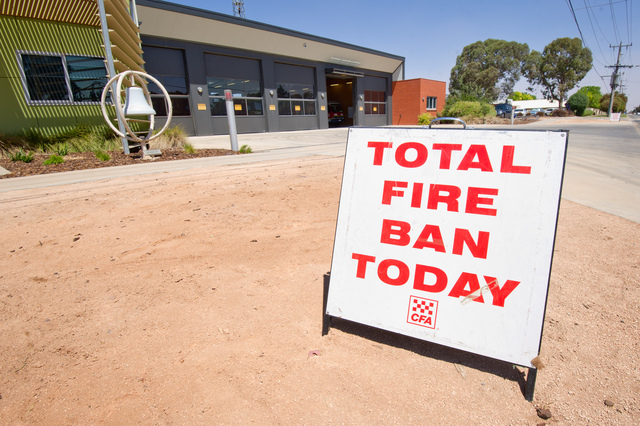THE parochial actions of the New South Wales Government, intended to safeguard the health of its population, are hurting many thousands of residents living along the border.
The border measures implemented this week are unjustifiably divisive.
The reality is that we don’t know how long this virus is going to be a factor in our daily lives, and panic policy-making does not result in good outcomes. We need to approach this situation with common sense and perspective.
This week I was contacted by a local grower who accompanied his wife to Melbourne for a medical procedure. He was stopped at a police checkpoint just outside Melbourne on his way home and was asked why he was travelling north. After indicating he was on the way home to Robinvale, he was let through the barricade – no complicated permit, no supporting evidence, no testing required.
This grower was shocked by how easy it was to leave Melbourne, all the while knowing the difficulty his friends, family, employees and colleagues were encountering with the new NSW border restrictions.
This week I’ve heard from people on both sides of the border who have had their daily lives disrupted. These voices needed to be heard, and I’ve taken their concerns to the Cross Border Commissioner, who has escalated them to the NSW Minister for Health.
Remote border communities such as Pooncarie, Koraleigh, Murray Downs and Koondrook are now in the new border zone. I am fighting to have more communities included, such as Stony Crossing, Kooloonong, Moulamein and Cunninyeuk.
Regional Australians living and working along the Murray River are suffering from tighter controls than those departing Melbourne.
This includes the thousands of visa-holding seasonal workers who regularly cross the border to sustain the horticultural industry in the Sunraysia region. The decision to exclude international seasonal workers from border exemptions is discriminatory. We heard many cries of racism and discrimination when the nine public housing towers in Melbourne were locked down, but where are those voices now?
Seasonal workers are vital to our horticulture industry and border communities. Statements to the contrary only serve to display the ignorance of those who make them.
The citrus industry is in its peak picking season, with millions of dollars of fruit at risk of being left on the trees. This fruit will fall to the ground and rot if these we can’t mobilise these workers.
It’s Friday morning as I write this column, and I’ve just been told to expect a decision on seasonal workers before the close of business. I can only hope that the by the time this column is printed we have a positive resolution for these vital workers.
If we don’t, I will fight until we do.
Anne Webster is the Member for Mallee

